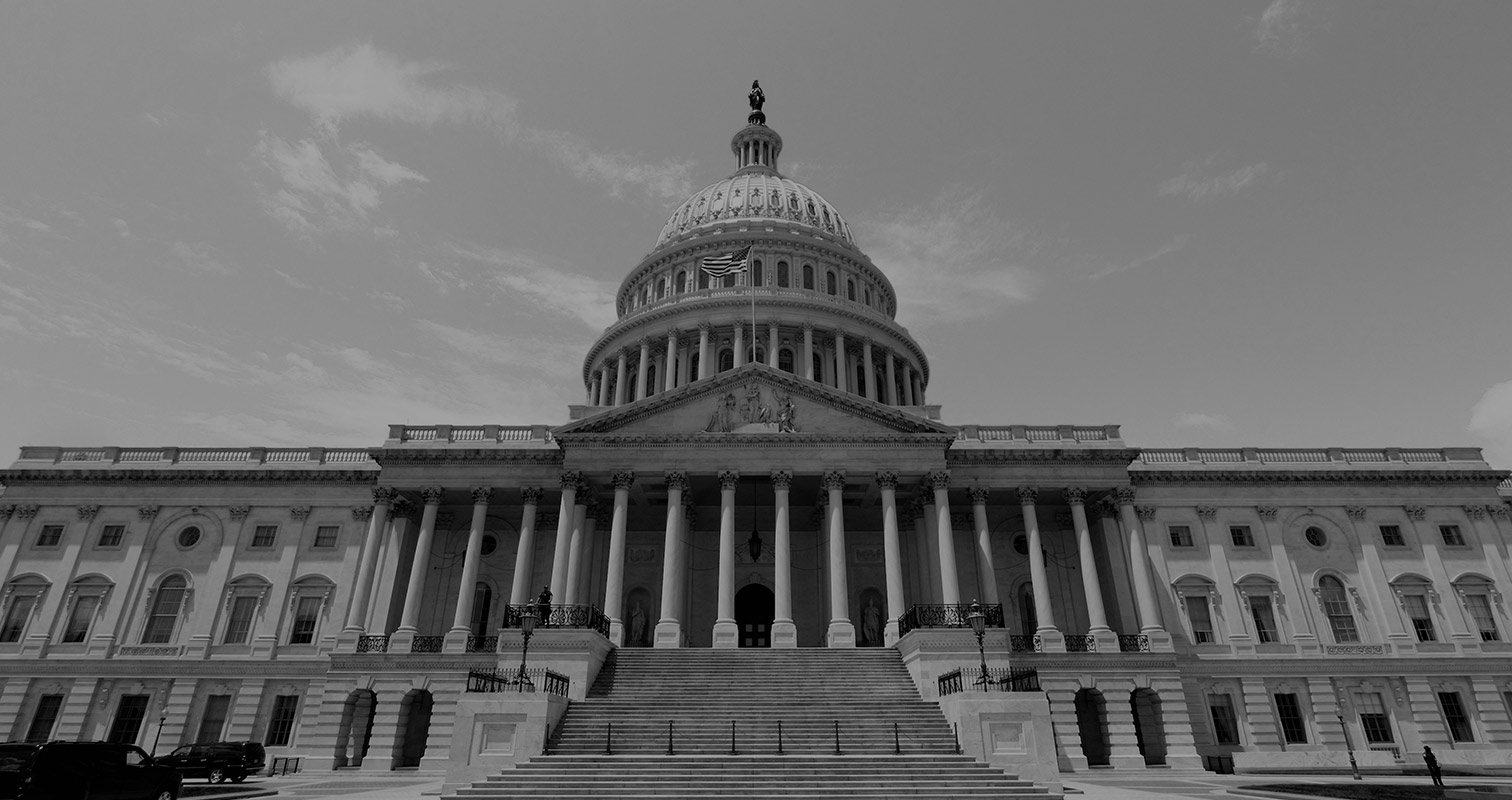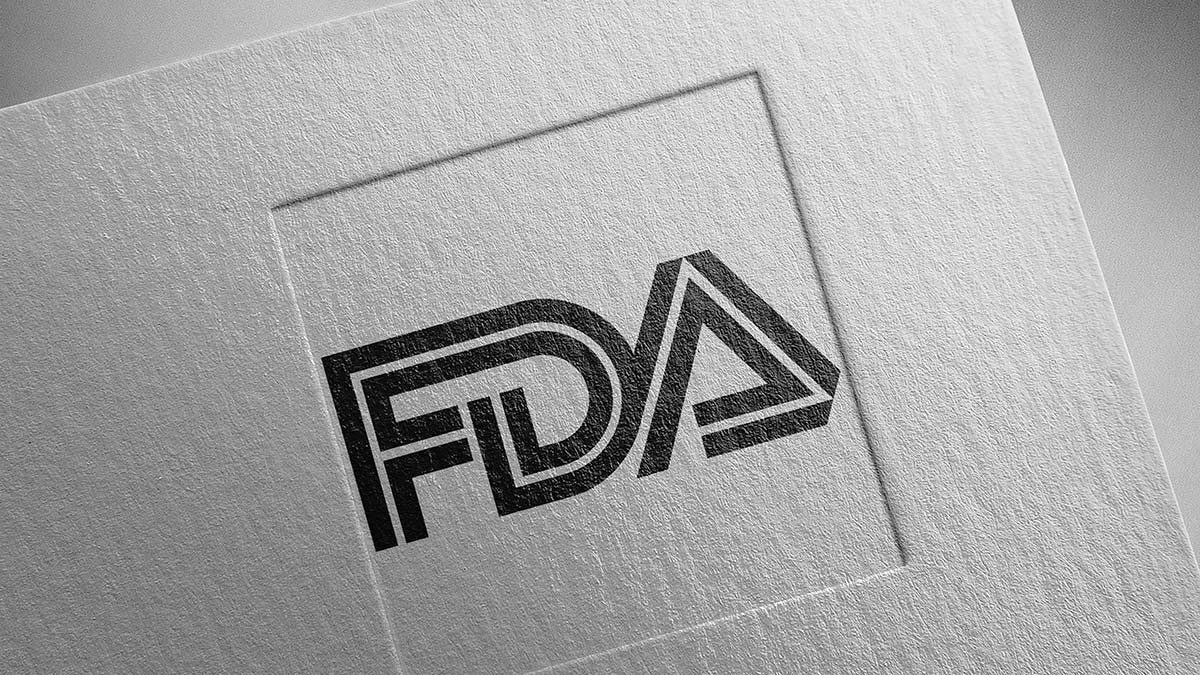Obsolete: A 1997 MOU between FDA and States
FDA continues to enforce a 1997 Memorandum of Understanding that no longer aligns with today’s legal landscape—thanks to the Drug Quality and Security Act (DQSA). The MOU is burdensome, legally obsolete, and limits patient access, especially across state lines.
Action Needed: Congress must repeal the outdated MOU provision and align federal law with modern compounding practices.















.png)